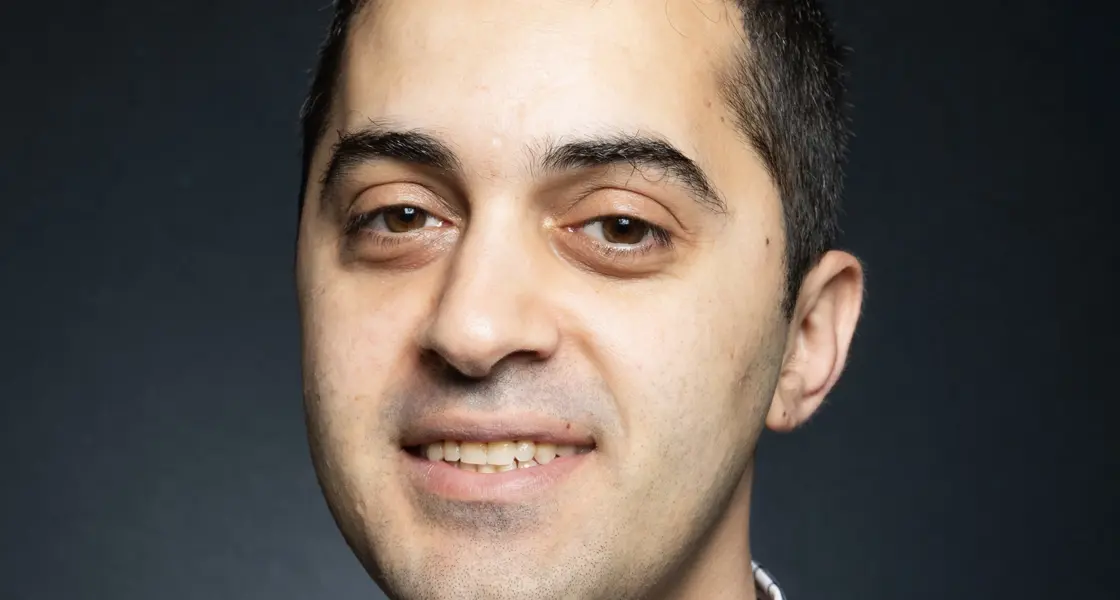GLASS
GLASS: Scaling AI Systems
An ARIA-funded Scaling Compute Project
GLASS is a revolutionary new project, rethinking the way we build AI training systems.
The project aims to solve the existing communication bottleneck in AI training, and introduce a new open interconnect for it. The project rethinks system design at multiple levels, from the low level physical design to the highest level application. It combines innovation in photonics, networking, computer architecture, memory systems, hardware/software co-design, distributed systems and more. GLASS will address real-world challenges such as resilience and recovery, manufacturability, and operational constraints.
The Vision
Or how we plan to change computing as you know it
The goal of the project is to develop an AI training system at 1/1000 of the cost. It aims to fit an AI system with 100's to 1000's of AI accelerators within a single server. A single server that provides so much acceleration power will enable more researchers to do frontier AI research, and for industry and universities to afford developing and using cutting edge AI algorithms.
The project aims to achieve more than just cutting costs and increasing access to resources, but also increasing AI sustainability. The project will provide significant power reduction, coupled with reduced use of physical resources and reduced embodied carbon.
The project will use optical interconnect through glass to connect all the accelerators, removing the existing communications bottleneck. By putting all the accelerators within a single server, we can rethink what a system is: what should be the memory hierarchy? How should it be managed? How to prevent, detect and recover from failures?
This is going to completely change the way we do AI research: from the availability of affordable compute resources, through the rethinking of AI models for systems, to the use of acceleration across many scientific computing domains.
The Team

Prof Noa Zilberman
Prof Noa Zilberman is the Principal Investigator of the GLASS project. She leads the Computing Infrastructure Group at Oxford, exploring scalable, sustainable and resilient networking and computing infrastructure.

Prof Amro Awad
Prof Amro Awad investigates new usecases enabled by emerging memory technologies and architectures, and also explores novel memory architecture optimizations for important workloads such as AI training.

Prof Dominic O'Brien
Prof Dominic O’Brien has a wide range of optoelectronic systems integration projects, successfully delivering high-data rate connectivity

Prof Martin Booth
Prof Martin Booth's research covers a wide range of optical systems engineering, ranging from biomedical imaging through to laser-based precision manufacturing.

Dr Patric Salter
Dr Patrick Salter is passionate about UK manufacturing and translating ideas from academia through to impact in industry.
